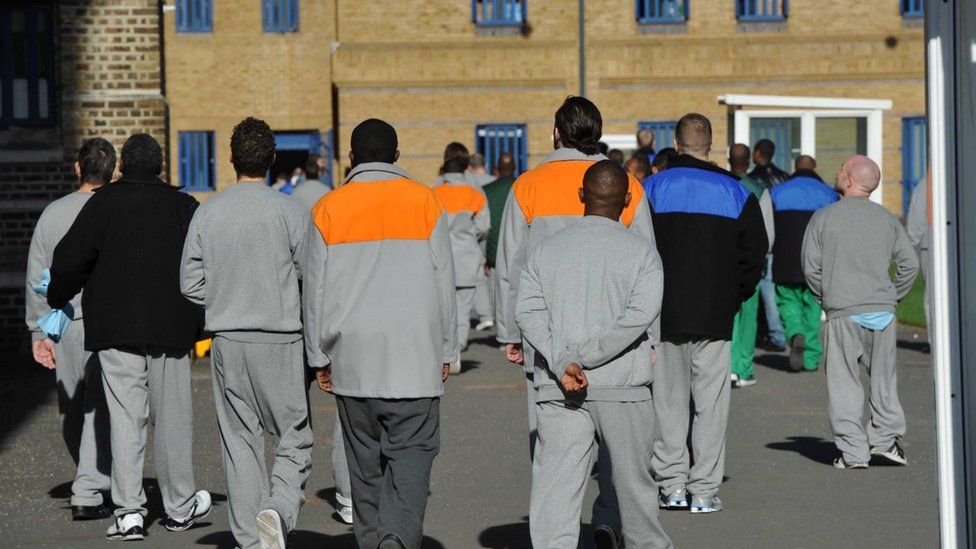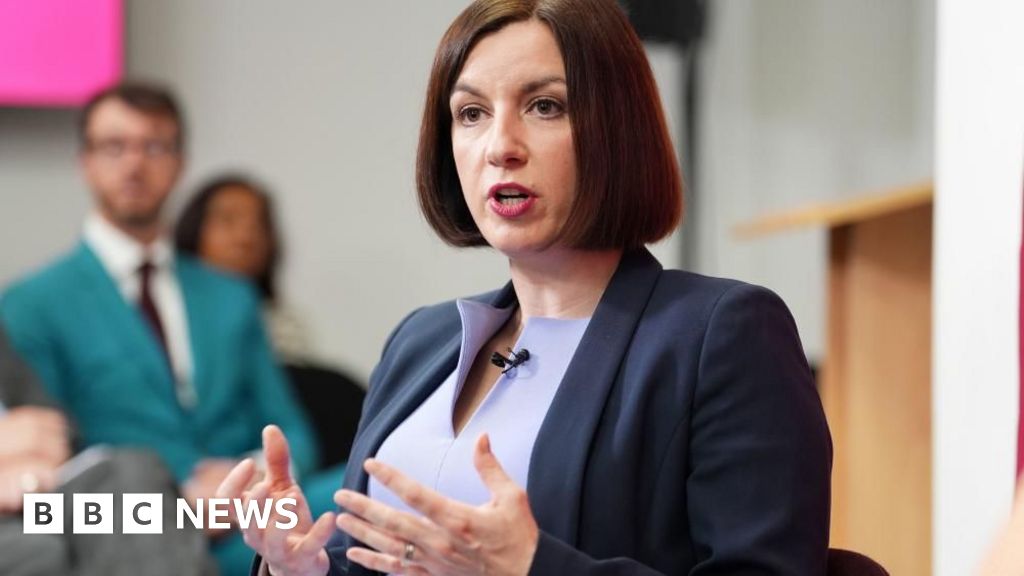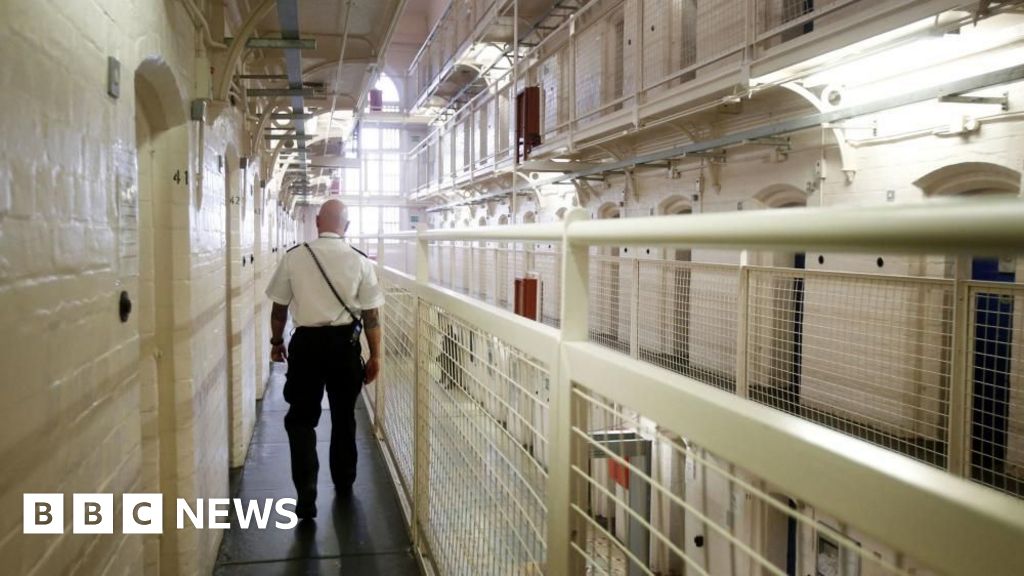ARTICLE AD BOX

By Harrison Jones
BBC News
Education, training and rehabilitation needs to become the primary focus of jails, the chief inspector of prisons in England and Wales has said.
Charlie Taylor told BBC Radio 4's Today programme that a "fundamental reorientation" of the prison system was the only way to reduce reoffending.
His intervention comes amid growing concern around overcrowding in jails.
The government says its new Prisoner Education Service will improve outcomes for those being released from custody.
But Mr Taylor suggested that jails were failing to reduce the risk of prisoners reoffending, and that many inmates were failing to learn to read.
Others, he said, were taking part in courses which would not help them get jobs in future.
He also argued that the high availability of drugs in some prisons was hindering rehabilitation efforts, as he called for immediate action to give prisoners the skills they need for life in the workplace.
Last week, the prison population of the UK was more than 87,000 and Mr Taylor believes there is not enough space for them to be provided with the activities they need for suitable rehabilitation.
"It is now more essential than ever that prisons become places of rehabilitation, that we reduce the number of reoffences that take place, that we reduce the number of victims of crime", he said.
"This will only happen if there is a fundamental reorientation of our prisons to become places of rehabilitation, of training and of education."
Mr Taylor will be interviewed further on the Today programme later on Friday, during a special show guest edited by Andrew Malkinson, who spent 17 years in jail for a rape he did not commit.
Mr Malkinson has spoken of "lots of problems" involving education in prison, including a lack of direct internet access and a poor learning environment.
"People won't want to hear this, but the staff didn't really like us doing higher education," Mr Malkinson said. "There was resistance and it made all kinds of problems over small matters weren't really important. I felt they put obstacles in the way but I was determined to get through it."
Alongside Mr Malkinson's case, there has been increased scrutiny on the sector following the alleged escape of an inmate from Wandsworth Prison in September. Daniel Khalife has pleaded not guilty to escaping from the London jail.
In a report written before the alleged escape - and published after it - Wandsworth Prison was branded "unsafe and inhumane".
The Independent Monitoring Board suggested the institution's shortcomings reflected "the failures of the prison system as a whole".
Charlie Taylor is calling for a 'fundamental reorientation' of prisons
Ahead of his appearance on Today, Mr Taylor told the BBC it was "vital that prisons become places of real purpose".
"I am calling for a fundamental shift in the way that prisons are organised and run so that they become first and foremost places of rehabilitation and education", he explained.
Mr Taylor also called for a "proper" debate over what prisons are trying to achieve, why people are imprisoned, what happens to inmates when they are locked up and what the public want prisoners to be like when they come out.
A Ministry of Justice spokesperson said: "We know that prisoners who leave custody with a job to go to are less likely to reoffend.
"Reoffending rates have fallen from 31 to 24 per cent since 2010 and we are working to drive them down even further."
The spokesperson also mentioned the Prisoner Education Service, a new scheme the government says will include more education staff in prisons, prisoner apprenticeships in catering and construction and more funds to improve reading and writing skills.
"Our new Prisoner Education Service will improve prisoners' literacy and numeracy, our business-led Employment Advisory Boards ensure they develop skills employers need, and Prison Employment Leads match them to jobs on release."
They also pointed to government statistics showing that the proportion of prisoners in work six months after release more than doubled in the two years to March 2023.

 1 year ago
35
1 year ago
35








 English (US) ·
English (US) ·